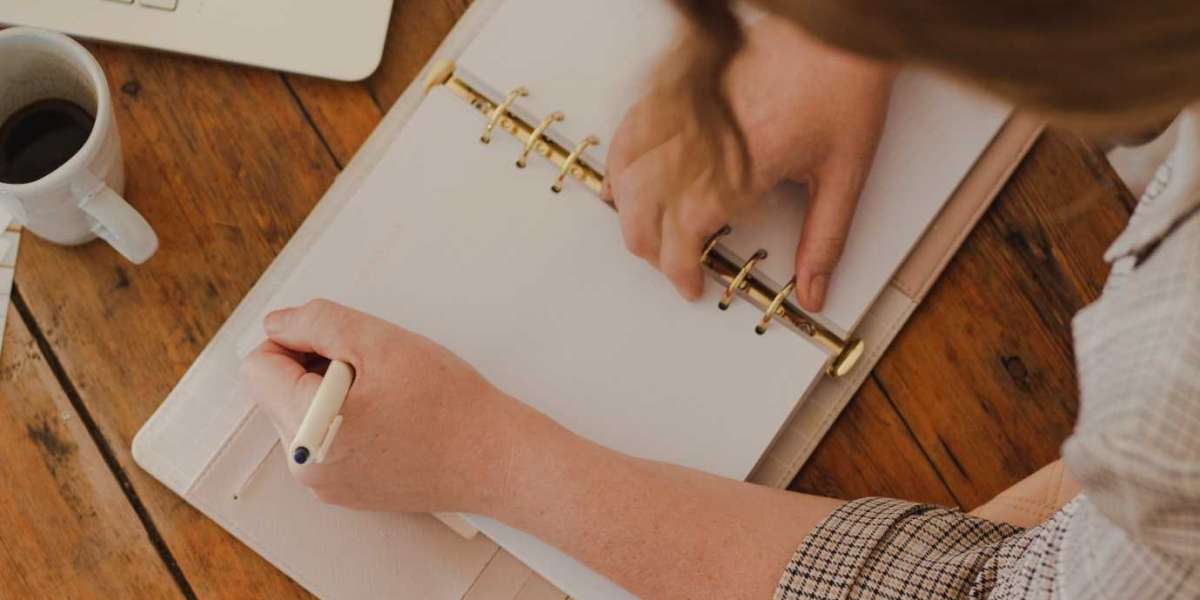Introduction:
Anxiety has emerged as a widespread problem for many people in today's fast-paced environment. Stress and anxiety can result from the demands of job, relationships, and daily duties. Thankfully, there are natural ways to reduce anxiety. This article will discuss practical methods and approaches that can assist you in achieving a state of peace and tranquilly.
Understanding Anxiety:
Anxiety is a natural response to stress, but when it becomes overwhelming and interferes with daily life, it's important to seek relief. Before delving into the techniques for natural anxiety relief, it's crucial to understand the nature of anxiety and its impact on mental and physical well-being. Anxiety can manifest in various forms, such as generalized anxiety disorder, panic disorder, or social anxiety disorder. Breathing Techniques:
One effective technique for managing anxiety is focused breathing. Deep breathing exercises help activate the body's relaxation response, reducing stress and anxiety. One such technique is diaphragmatic breathing. Find a comfortable position, inhale deeply through your nose, allowing your belly to rise as you fill your lungs with air.
Mindfulness and Meditation:
Mindfulness and meditation practices are powerful tools for reducing anxiety. By bringing your attention to the present moment and cultivating a non-judgmental awareness, you can detach yourself from anxious thoughts and sensations. Mindfulness can be incorporated into everyday activities, such as eating or walking, by consciously paying attention to the sensations and experiences.
Exercise and Physical Activity:
Engaging in regular exercise and physical activity is not only beneficial for physical health but also has a positive impact on mental well-being. Exercise releases endorphins, which are natural mood boosters. It also helps reduce stress hormones and improve sleep quality, both of which contribute to anxiety relief.
Herbal Remedies:
Certain herbs have been used for centuries to promote relaxation and alleviate anxiety symptoms. For example, chamomile has calming properties and can be consumed as a tea or taken in supplement form. Valerian root is another herb known for its sedative effects, helping to reduce anxiety and improve sleep. However.
Aromatherapy:
Aromatherapy involves the use of essential oils to promote relaxation and reduce anxiety. Scents like lavender, chamomile, and bergamot have calming properties and can be diffused, applied topically, or added to a bath. The inhalation of these soothing aromas can help create a sense of tranquility and ease anxious feelings.
Healthy Lifestyle Habits:
Maintaining a healthy lifestyle is essential for managing anxiety. This includes eating a balanced diet rich in fruits, vegetables, whole grains, and lean proteins. Avoid excessive consumption of processed foods, sugary snacks, and caffeine, as they can exacerbate anxiety symptoms. Additionally, prioritize regular sleep patterns and aim for 7-9 hours of quality sleep each night.
Limiting Caffeine and Alcohol Intake:
While it's tempting to turn to caffeine for an energy boost or alcohol for temporary relief, both substances can worsen anxiety symptoms. Caffeine is a stimulant that can increase heart rate and trigger anxiety or panic attacks. Alcohol is a depressant that may initially provide a sense of relaxation but can ultimately disrupt sleep and contribute to anxious feelings.
Social Support and Connection:
Having a strong support system and nurturing social connections are vital for mental well-being. Sharing your feelings and concerns with trusted friends or family members can provide relief and perspective. Engage in activities that promote social interaction, such as joining clubs or groups with shared interests.
Journaling and Expressive Writing:
Writing can be a therapeutic outlet for managing anxiety. Keeping a journal allows you to express your thoughts, emotions, and concerns freely. It helps create self-awareness and provides an opportunity for reflection and problem-solving. Try dedicating a few minutes each day to write about your experiences, fears, or aspirations. You may find that it eases anxiety attack relief provides clarity and perspective.
Cognitive Behavioral Therapy:
Cognitive Behavioral Therapy (CBT) is a widely recognized therapeutic approach for managing anxiety. It focuses on identifying and challenging negative thought patterns and replacing them with more positive and realistic ones. CBT helps individuals develop effective coping strategies and provides tools to manage anxiety symptoms.
Time Management and Stress Reduction:
Poor time management and excessive stress can contribute to anxiety. Learning effective time management techniques, such as prioritizing tasks and setting realistic goals, can help reduce stress levels. Break tasks into smaller, manageable steps to avoid feeling overwhelmed. Additionally, incorporate stress-reducing activities into your routine, such as practicing yoga, engaging in hobbies, or spending time in nature.
Creating a Relaxing Environment:
Your physical environment can influence your mental state. Creating a relaxing and calming space can contribute to anxiety relief. Declutter your living or working area, as an organized space promotes a sense of tranquility. Incorporate elements like soft lighting, soothing colors, and comforting textures.
Sleep Hygiene:
Quality sleep is crucial for overall well-being and anxiety management. Establishing good sleep hygiene practices can improve sleep quality and reduce anxiety symptoms. Maintain a consistent sleep schedule, create a relaxing bedtime routine, and ensure your sleep environment is conducive to rest. Minimize exposure to electronic devices before bed and create a dark, quiet, and comfortable space for optimal sleep.
Seeking Professional Help:
If anxiety persists or significantly interferes with your daily life, seeking professional help is essential. A qualified mental health professional can provide individualized guidance and support. They may recommend therapy, prescribe medication, or suggest additional resources to manage anxiety effectively.
Conclusion:
Finding natural anxiety relief is a multi-faceted process that requires a holistic approach. Incorporating techniques such as breathing exercises, mindfulness, exercise, and herbal remedies can significantly reduce anxiety symptoms. Making positive lifestyle changes, seeking social support, and implementing stress management strategies are also crucial in achieving long-term anxiety relief. Remember, each person's experience with anxiety is unique, so it may take time to find the right combination of strategies that work best for you. By prioritizing your mental well-being and exploring these natural techniques, you can find a path to a calmer and more peaceful life.



